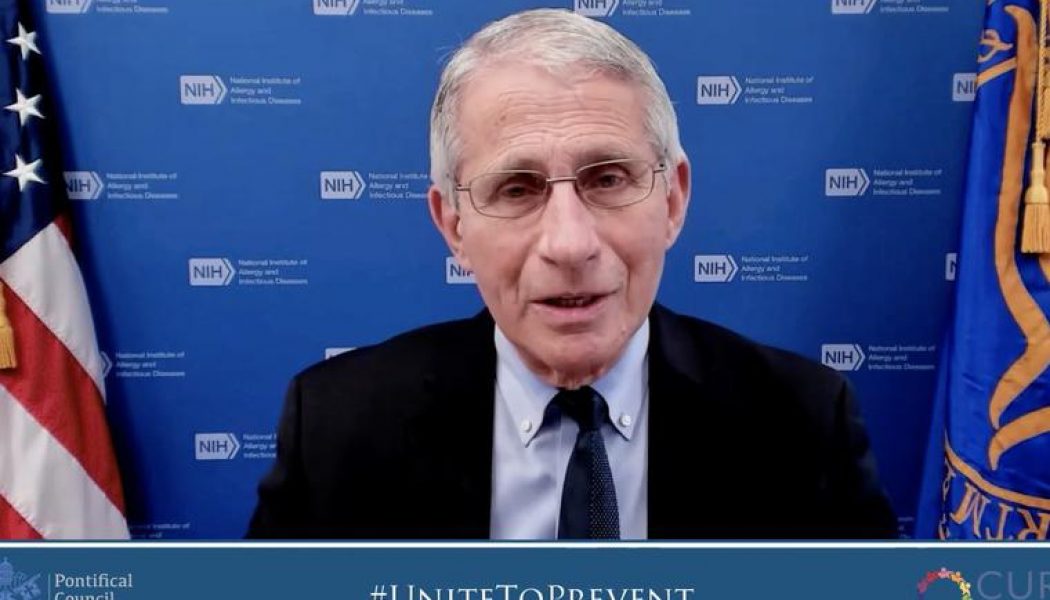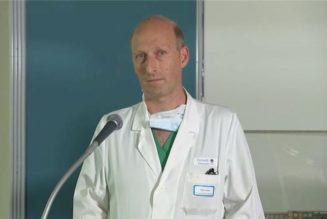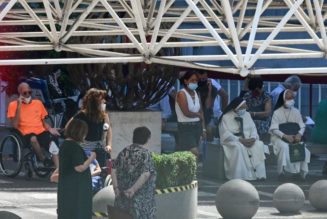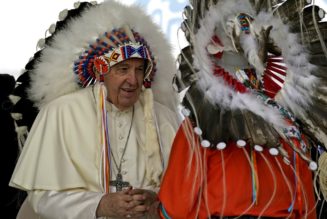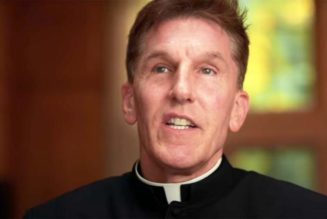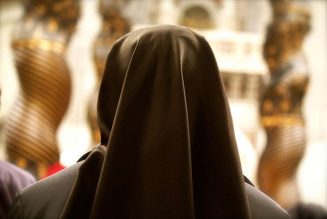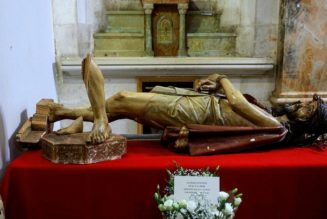
The Vatican health conference also features the CEOs of large pharmaceutical companies, including Moderna and Pfizer, along with celebrities active in medical philanthropy, global health advocates, policymakers, physicians, and religious leaders.
VATICAN CITY — At the first day of an online Vatican conference on “exploring the mind, body, and soul,” Dr. Anthony Fauci spoke about the evolution of the scientific community’s response to the novel coronavirus outbreak, and the difference between acting based on instinct and acting from data.
Fauci, an immunologist and chief medical adviser to U.S. President Joe Biden, responded to questions from CNN journalist Sanjay Gupta, who asked him how much doctors “have to rely on faith, not just religious faith, but your own system of belief,” when confronting something new, like COVID-19.
“I think you have to rely on it when you’re starting with nothing,” Fauci said. But he added that “as more solid scientific information becomes available, you pull away a bit from the kind of experience, instinct and get more into the reality of the evidence you have.”
He said there are some people “who don’t appreciate the evolution of understanding and the evolution of knowledge, that you’re going to change some of your viewpoints because the data itself will not necessarily change, but additional data changes the status of your knowledge.”
“Your knowledge may be minimal and you’re acting on quote ‘faith,’ as it were, versus the true, substantive evidence in data, which really gives you a much better foundation,” he said. “So that’s the way I look at it.”
Fauci spoke near the beginning of a three-day international conference on “Exploring the Mind, Body & Soul: How Innovation and Novel Delivery Systems Improve Human Health,” taking place virtually May 6-8.
It is the fifth conference of its kind organized by the Pontifical Council for Culture and the Cura Foundation, which describes itself as “a nonsectarian, nonpartisan, public 501(c)(3) organization with a mission to improve human health globally.”
Cura Foundation president Robin Smith and Cardinal Gianfranco Ravasi gave the opening remarks.
Cardinal Ravasi said that “the body is a fundamental reality of human existence and of communication,” and pointed to Christianity’s central mystery, the Incarnation.
He said the conference would be organized around three themes, which he described as three stars that light up the sky: the body, the soul, and the mind.
The cardinal added that the conference would involve dialogue with different experts and people on these themes, and that people’s visions on the issues would differ.
Deepak Chopra, a leading figure in the New Age movement, was part of a discussion with Dr. Rudolf Tanzi about inflammation and the brain, moderated by surgeon and television personality Dr. Mehmet Oz.
Chopra and Tanzi are co-authors of the book, The Healing Self, about “how a positive attitude can trigger health,” according to Oz.
In the context of neurological diseases such as Alzheimer’s, Lou Gehrig’s Disease, and Parkinson’s disease, Chopra gave his lifestyle advice for decreasing stress-based inflammation, including good sleep, mind-body coordination, exercise, emotional resilience, food, mindfulness, and yoga.
Oz asked Chopra about “the mind’s role in healing the body.”
Chopra said: “One of the fundamental questions in science is called ‘the hard problem of consciousness’: How do we experience thoughts, feelings, emotions, insight, intuition, inspiration, creativity, vision, even reverence for God?”
The question, he continued, is “how does the brain do that? Is the mind doing the brain or the brain doing the mind? And right now, the conversation seems to be neither is doing each other.”
“Consciousness is more fundamental. We experience it subjectively as the mind and we experience it objectively as the body and the brain, but the brain is part of the body,” he said.
This “consciousness,” he suggested, is “what spiritual traditions call the soul and cognitive scientists call the conscious agent.”
Oz asked Chopra “what gives you this essence, that soul? Where does that come from in your cosmology?”
Chopra said that “right now cognitive scientists, those who believe in this framework, say that that soul, or that conscious agent, is an aspect of a universal consciousness which religions might call God.”
“It doesn’t matter what you call it… there’s an underlying field of awareness, of consciousness, which modulates itself and differentiates itself into conscious agents which we call souls.”
The Vatican health conference also features the CEOs of large pharmaceutical companies, including Moderna and Pfizer, along with celebrities active in medical philanthropy, global health advocates, policymakers, physicians, and religious leaders.
The conference’s website lists more than 100 speakers, including Kerry Kennedy, Cindy Crawford, John Sculley, Brandon Marshall, Joe Perry of the rock band Aerosmith, and Msgr. Dario Edoardo Viganò, prefect emeritus of the Vatican Secretariat for Communications.
Join Our Telegram Group : Salvation & Prosperity
